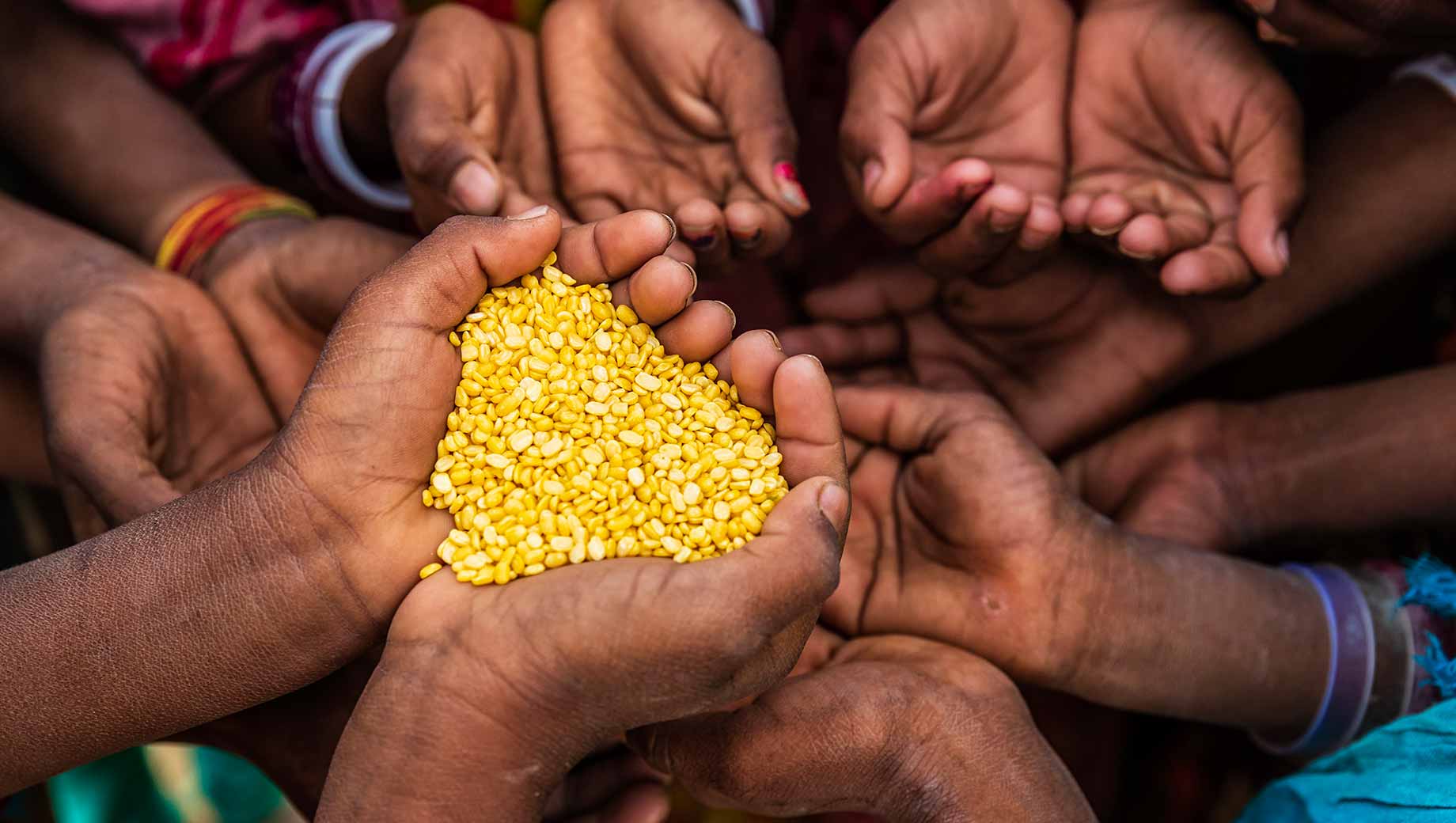
The first few months of 2024 have proved difficult for farmers across Europe. According to the European Drought Advisory, just over 45 percent of southern Europe has suffered from soil drought, with 2.8 percent reaching the highest "alert" level over the first ten days of February.
By Nikola Mikovic
This trend has not been limited to the European continent; similar conditions are being reported across North Africa and North America, threatening to disrupt global supply lines and upend the livelihoods of farmers worldwide.
However, food security is much larger than the agricultural sector and should be viewed as a pressing issue for all. Past developments have indeed shown the intrinsic link between food security and international stability, as groups like ISIS and Al Kaeda have often leveraged drought and famine to win the support of vulnerable populations and expand their reach. Moreover, such conditions have also helped fuel migration and refugee crises in large parts of the world, leading to further instability.
In this context, meat production has emerged as a particularly vulnerable sector, especially as climate change continues to reduce the usable land area and crop yields essential to raising cattle and poultry.
With approximately 2 billion individuals adhering to a meat-centric diet, a figure that is expected to continue increasing as economic prosperity burgeons in Asia, Africa, and Latin America, the need to maintain adequate meat supply in the face of worsening climate conditions is becoming a leading priority for many countries around the world.
Addressing this intricate nexus necessitates innovative solutions that reconcile human needs with ecological imperatives. One such proposal gaining traction is lab-grown meat. Touted for its potential to provide nutrition without the environmental strain associated with traditional meat production, lab-grown meat offers a glimpse into a more sustainable future.
Lab-grown meat needs fewer resources, such as water and land. It can also help reduce the impact of drought and food scarcity on international stability and security.
However, the path to widespread acceptance of lab-grown meat has been fraught with significant setbacks. Just a few weeks ago, the European Commission's decision to sideline initiatives promoting lab-grown and plant-based meats underscored the uphill battle in reshaping entrenched dietary norms and industrial practices.
Despite its promise, resistance from vested interests within the agricultural sector threatens to impede progress toward more sustainable food systems.
Amidst these hurdles, another avenue has emerged: climate-friendly meat. Unlike lab-grown meat, climate-friendly meat operates within existing agricultural frameworks, offering a pragmatic solution that aligns with traditional farming practices.
By incentivizing practices that mitigate environmental harm, such as regenerative agriculture and reduced carbon emissions, climate-friendly meat addresses the ecological footprint of meat production and presents tangible benefits for farmers.
Importantly, advancements in climate-friendly meat are being made worldwide, including in regions that are set to play an increasingly important role in the global supply chain.
In Kazakhstan, for example, the company Kazbeef, a key subsidiary of Yerkin Tatishev’s Kusto Group, has launched the first pilot ranch outside the United States to produce carbon-free beef. Partnering with the American firm EcoBalance Global, the company has developed innovative farming practices, including rotational grazing, that allow livestock's carbon to be captured in the ground they tread on.
Ultimately, resolving the mounting challenge of food insecurity and mitigating the global instability that often follows will rely on leveraging every tool at our disposal, including both lab-grown meat and climate-smart products. While the EU’s recent decision may be perceived as a step backward, it reflects the growing relevance of such innovative solutions, as does the unprecedented success of Kazakhstan’s venture into climate-smart cattle farming.




